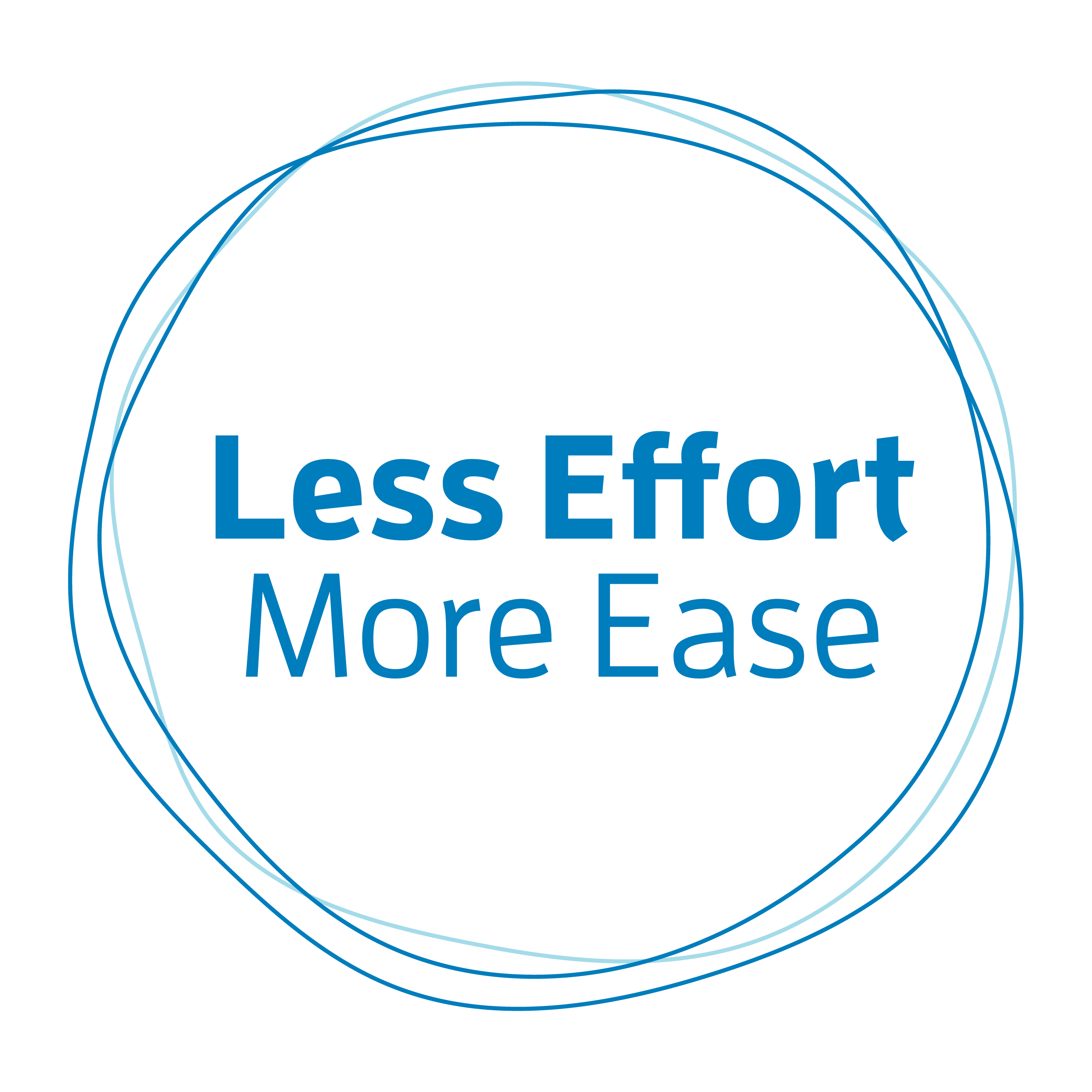When I was younger I was frequently told by a variety of well-meaning folks to relax my shoulders. But I could never seem to do it. The more I tried to relax my shoulders, the tenser they seemed to get – and the more frustrated I got.
Excessive muscular tension is a contributing factor to poor posture and musculoskeletal pain. So learning how to relax overly tense muscles is fundamental in improving posture.
But here’s the problem. Muscles don’t relax.
What?
Muscles don’t relax.
Muscles contract or they don’t contract. Muscles don’t relax.
Try this experiment: Curl your hand up into a loose fist. Now squeeze your fist tight. As tight as you can. Now, just stop squeezing your fist. Don’t open up your hand, just stop squeezing your fist. Do it a couple of times.
First, you did something—you squeezed your fist tight.
Then you stopped doing what you were doing—you stopped squeezing your fist.
You did not do something new. You simply stopped doing what you were doing.
Try this second experiment: Place your hand palm down on the table. Spread your hand to make it as big as possible (like you might do if you were trying to palm a basketball). Now stop spreading your hand. Don’t curl your hand up. Just stop spreading it. Do it a couple of times.
First, you did something—you spread your hand.
Then you stopped doing what you were doing—you stopped spreading your hand.
You did not do something new. You simply stopped doing what you were doing.
In both of these experiments, my guess is that you did not have to think through how to stop doing what you were doing. You just requested it and it happened. Both of these experiments are gross examples. You can really feel the change when you stop doing what you are doing. What is important to realize is that you have the skill to request yourself to stop doing something you don’t wish to be doing. You don’t have to figure out how to carry the request out. You have to simply give the request—to not do.
The problem a lot of us face when we try to relax is that we try to figure out how to do relax—when in fact muscles don’t relax. And in trying to figure out how to do relax we end up contracting our muscles even more—because muscles only do one thing—contract.
In the two experiments above you first contracted muscles to do what was requested (to squeeze your fist or to spread your hand). You then stopped contracting muscles. You did not relax your muscles.
When I started to study the Alexander Technique I explored changing my approach to my shoulder tension (and ultimately a lot more). What did I have to lose? My old approach of trying hard to relax my shoulders wasn’t working. And what’s that famous quote attributed to Albert Einstein? Insanity is doing the same thing over and over again and expecting a different result.
Now when I notice my shoulders are overly tense, instead of trying hard to relax my shoulders, I first acknowledge that it is me that is overly tensing my shoulders, which is not helpful. Then I give myself a gentle request to do less of the tensing. This is a skill that I have been practicing and continue to get better at.
You may think this is just semantics, but I have found, and a lot of my students have found, that this small bit of knowledge about how muscles actually work and changing their approach to be extremely useful over time if practiced.
So, if your current approach of trying to relax overly tense muscles isn’t working for you what do you have to lose? Instead of continuing to try harder in the same way, why not try a different approach?




